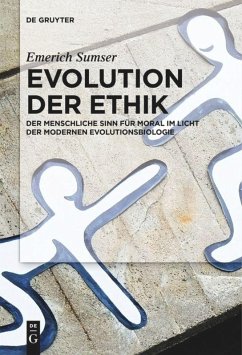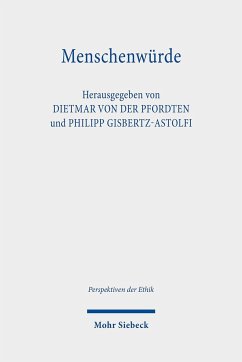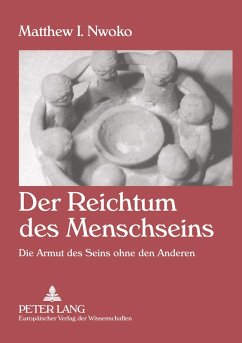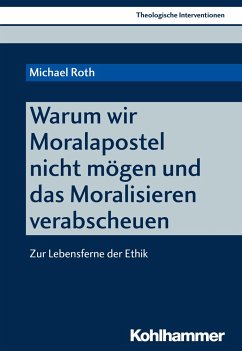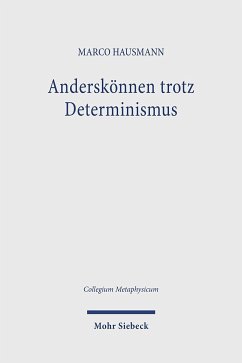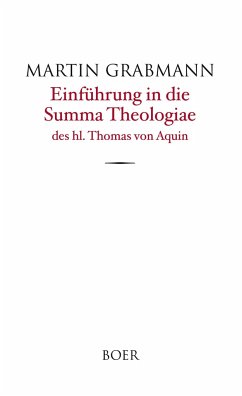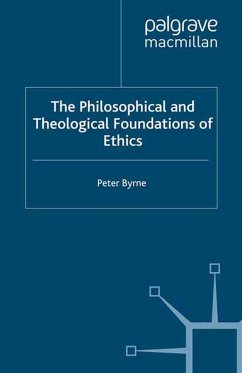
Die Grundlegung der Ethik bei Friedrich Schleiermacher und Thomas von Aquin

PAYBACK Punkte
0 °P sammeln!
Working from a systematic fundamental-ethical perspective, this study inquires into convergent lines in the foundations of Friedrich Schleiermacher's and Thomas of Aquinas' ethics. Despite their radically different contexts - the one a product of the epoch 'after Kant', the other embedded in the scholastic tradition - these two predominant ethicists have a remarkable amount in common. Taught by theology, advised by Aristotle, both develop an ethics concerned with the unity of nature and reason which takes on concrete form in human actions.
Die Arbeit fragt in systematisch-fundamentalethischer Perspektive nach den konvergenten Linien in der Grundlegung der Ethik bei Friedrich Schleiermacher und Thomas von Aquin. Trotz des so unterschiedlichen Umfelds - der eine der Epoche "nach Kant" verbunden, der andere eingebettet in die Scholastik - sind die Gemeinsamkeiten beider auf ihre Weise tonangebenden Ethiker beachtlich. Von der Theologie gelehrt, von Aristoteles beraten, entfalten beide eine Ethik, der es um eine Einheit von Natur und Vernunft geht, die im Handeln des Menschen konkrete Gestalt gewinnt.




